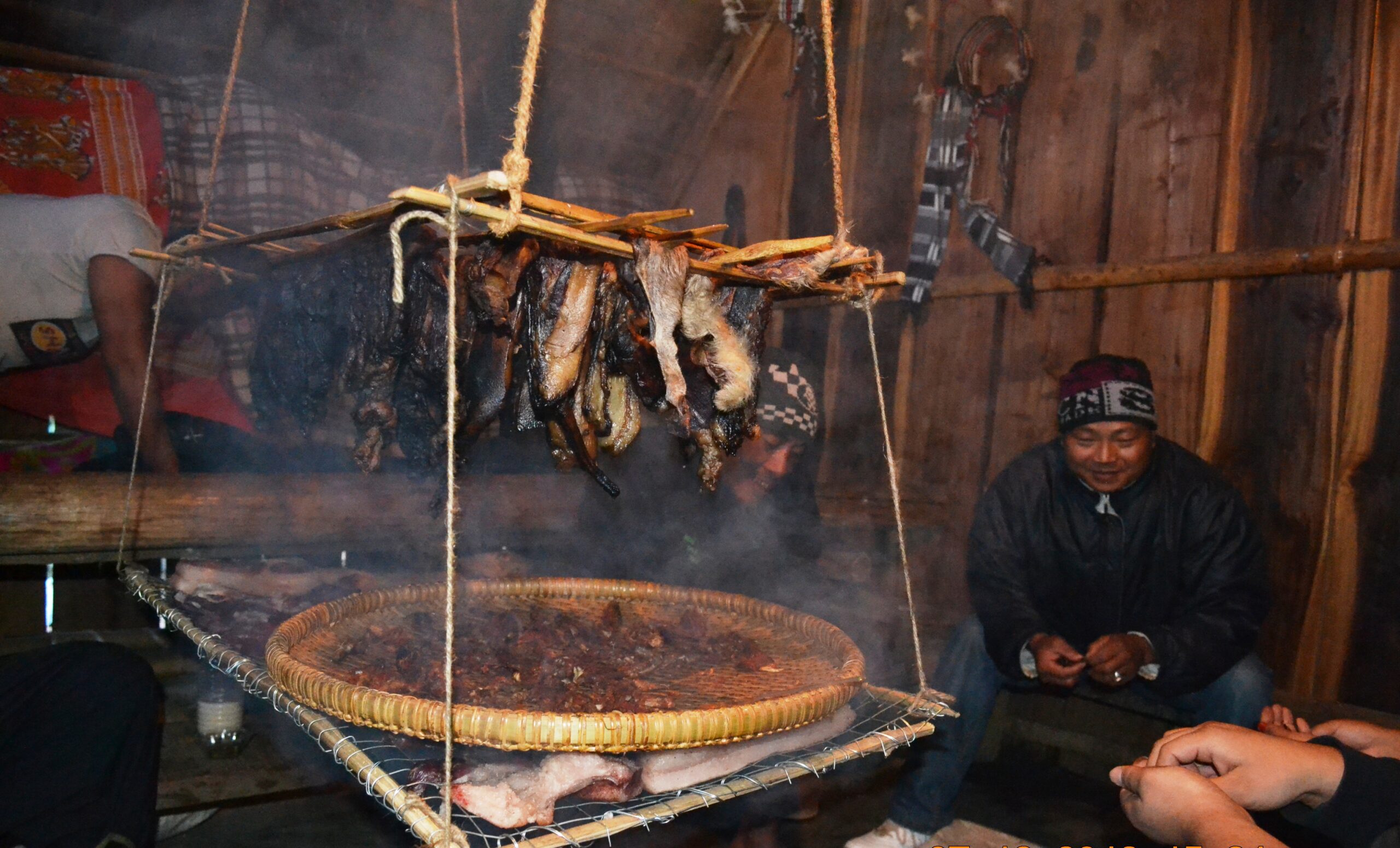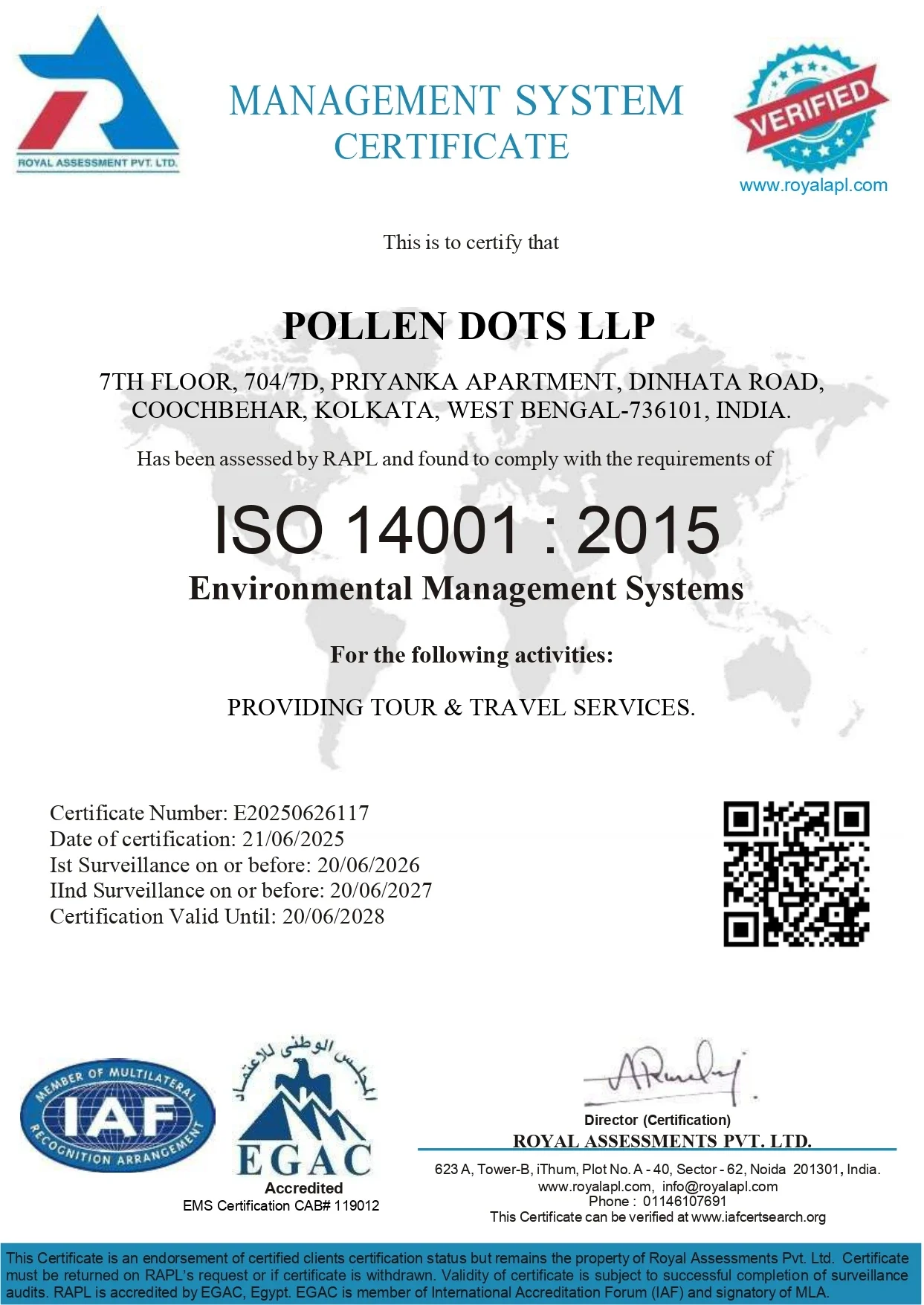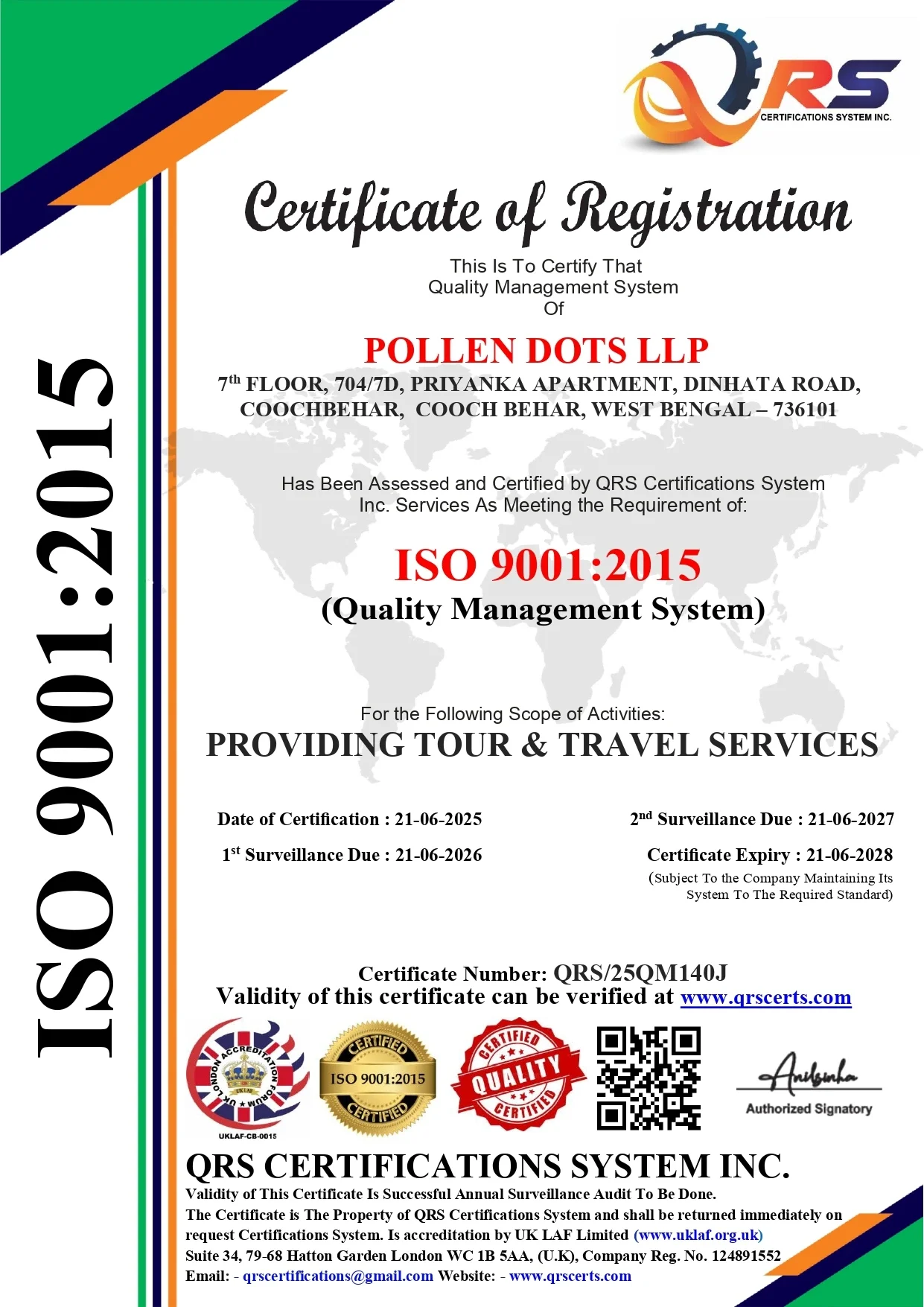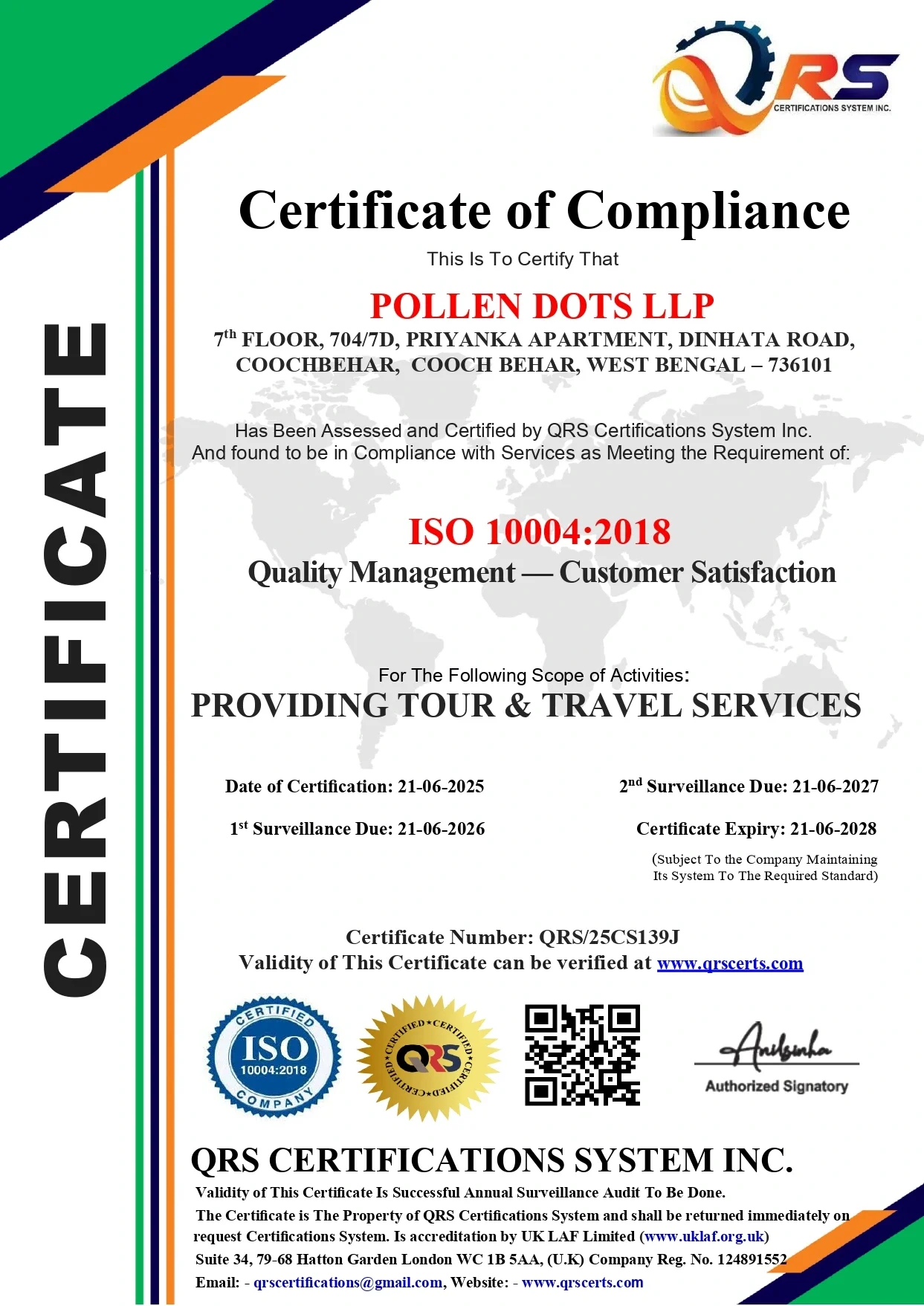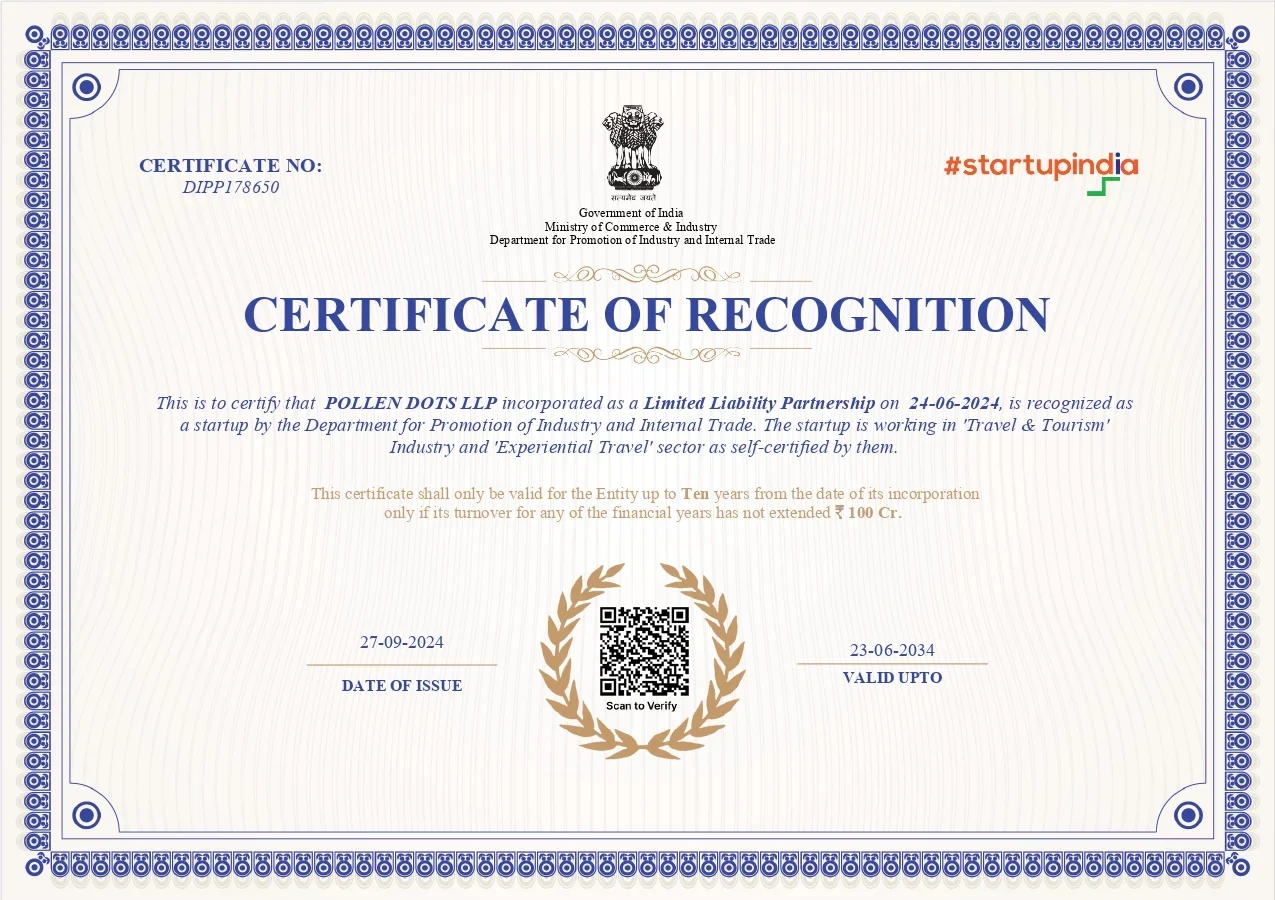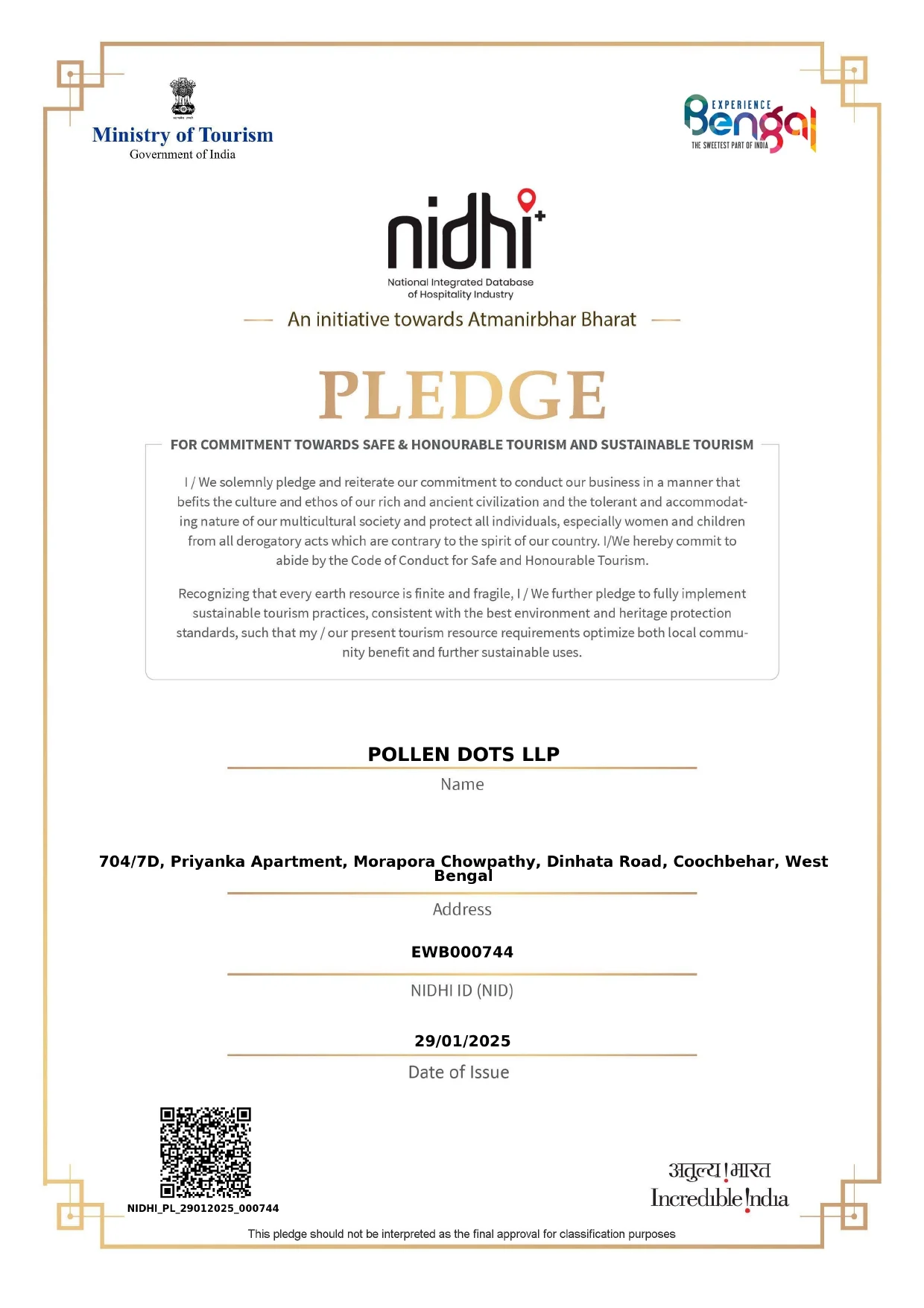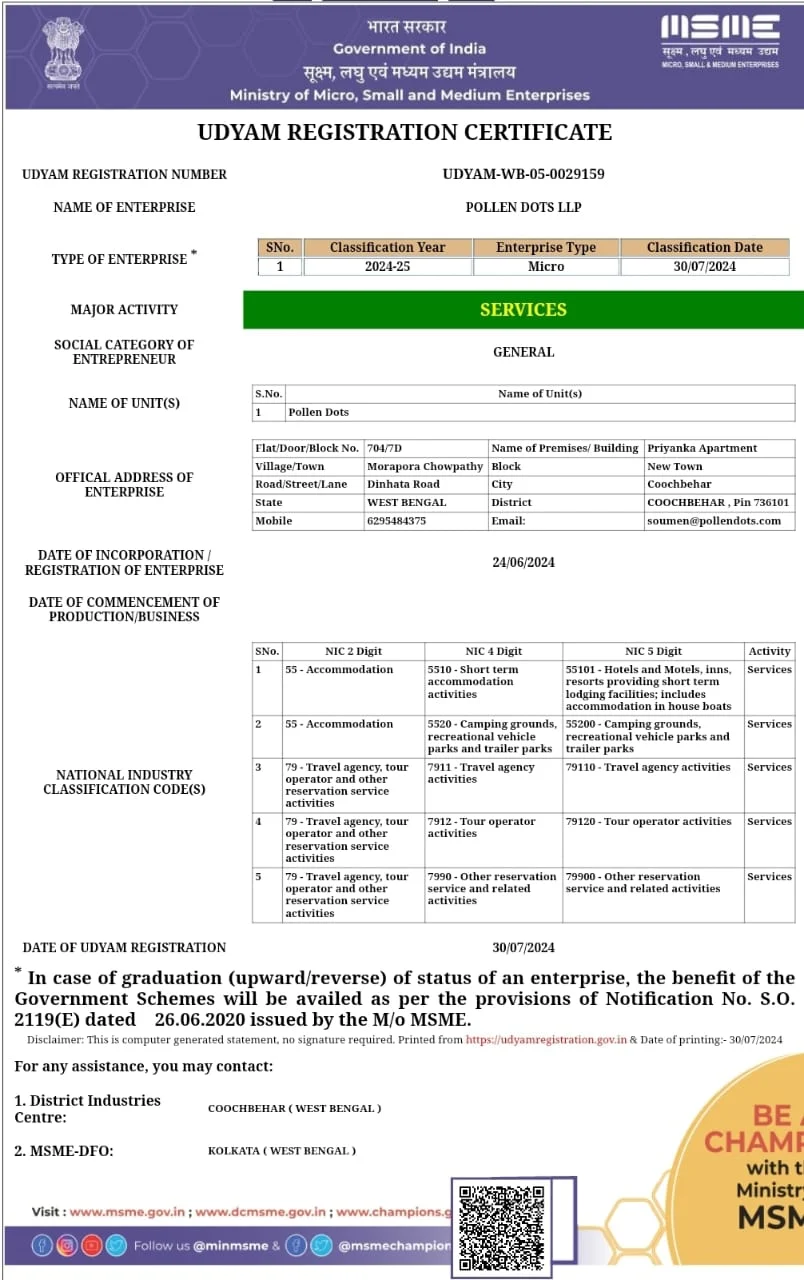Longwa isn’t just famous for straddling two countries — it also straddles two culinary worlds: one of ancestral hunting and one of seasonal cultivation. Here, the kitchen is a place of memory and muscle. The firewood burns slow, the meats cook slower, and nothing is ever rushed, not even hunger.
In Longwa, every meal is a conversation between the land, the forest, and the hands that prepare it.
Inside a Konyak Kitchen
You’ll smell it before you see it — the rich aroma of smoked meat wafting through wooden beams blackened by decades of fire. Most kitchens are elevated over ground, with platforms used for drying, curing, and preserving. There are no spices from the plains here — only salt, chilli, smoke, and intuition.
Smoked pork is a staple, often stored for months above the hearth. Alongside are fermented soybeans (akin to akhuni), wild herbs, and rice from the jhum fields. The food may seem minimal, but it’s deeply layered — like the people.
Must-Experience Local Flavours
- Smoked Pork with Dry Bamboo Shoot: Sharp, bold, and comforting — this is soul food.
- Sticky Red Rice: Grown locally, best enjoyed with hot chutney and meat.
- Fermented Soybean Paste (Ngari-style): Served sparingly, but leaves an impression.
- Snail Curry and Foraged Greens: A seasonal delicacy shared among family.

A Meal With a View — and a Lesson
At the village edge, overlooking Myanmar, you’ll often find a wood-and-thatch home where you’re offered a meal with minimal conversation. One host said, “You don’t speak while eating — you respect what it took to hunt, grow, and prepare.”
Chilli That Brings Tears and Tales
Every family has their secret chilli chutney — often involving ghost pepper (bhut jolokia), smoked tomatoes, and a lot of pride. When you ask for the recipe, they smile. “We don’t measure. The fire tells us.”
Know Before You Go
- Food may be non-vegetarian heavy: Ask respectfully if you have dietary preferences.
- Eat what’s offered: Refusing food is seen as declining a relationship.
- Don’t look for ‘organic’ labels: Everything here already is.
In Longwa, food isn’t cooked — it’s crafted. Each dish is a product of time, terrain, and trust. To eat here is to be let in — not just into a home, but into a way of life.
In Longwa, the fire cooks more than food — it shapes belonging.”

